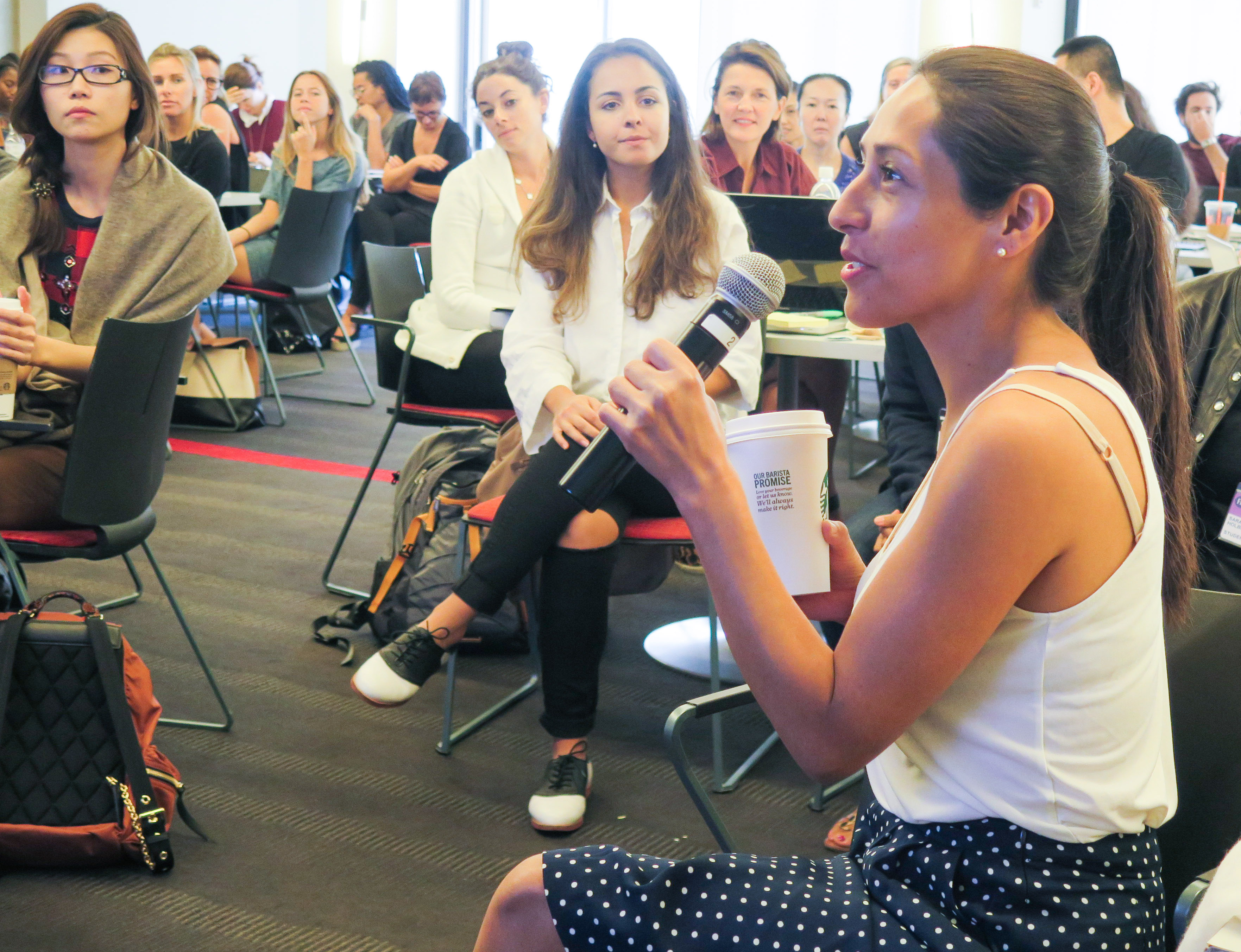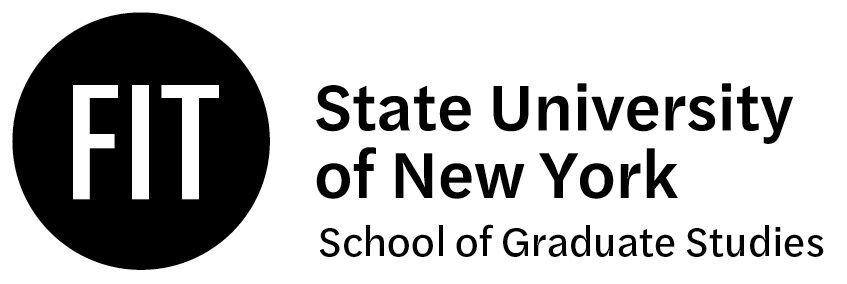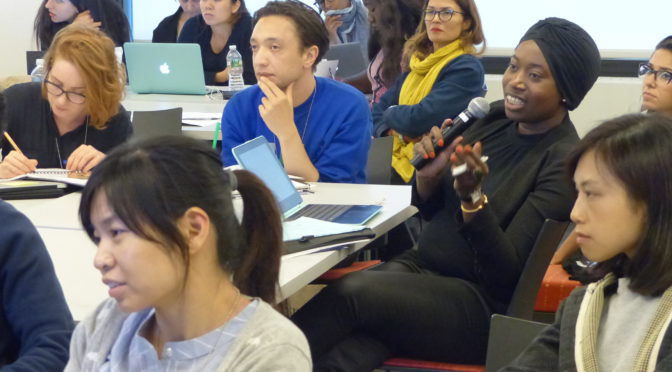By Bob Greene, MS
Leadership and Team Development Coach and Consultant

I’ve had the pleasure for the past several years of facilitating a workshop on building teams for the Graduate Fashion Management (GFM) program during the New York seminar hosted by Fashion Institute of Technology. Students and faculty from schools based in New York, Paris, and Hong Kong meet with industry experts and work on real-life cases to more fully understand the modern global fashion industry.
GFM students also have the opportunity to participate in cross-cultural teams, a vital part of the program. It’s commonplace to talk about the global nature of modern industry, but it’s rare that students can learn about it by interacting in meaningful ways with counterparts from (at least) three continents.
Much of what GFM students will do in their careers requires being able to cope with complexity and ambiguity, identify creative solutions, and constantly innovate. This is the kind of work that teams of people with different backgrounds, experiences, and skills should be well-suited to take on. Scott Page writes in The Difference that “[s]cholars from a variety of disciplines have studied how people and groups make breakthroughs. The common answer: diverse perspectives.” (p.24) Yet as important as diverse teams may be, in my experience, a great many people have little practice working in effective, well-run, teams. In fact, many have had poor team experiences and dread each time they are assigned to a team.
I believe part of the problem is how we typically think about teams. It’s not enough to put a group of people together, call them a team, and expect that they will be effective. In this common scenario, team members fall back on the way they have always done things, whether that has worked well or not. And individuals typically make assumptions about other team members, a tendency that can be heightened in diverse, cross-cultural teams. There is research that indicates that diverse teams can be more effective than teams in which everyone is from the same background, yet diverse teams can also run into significant difficulties that hold them back.
GFM students have a chance to experiment with doing teams differently! As part of the year-and-a-half GFM learning laboratory, students participate in three different case study teams, each one including colleagues from across the globe. Early in the first session in New York, I have the opportunity to explore with them qualities of effective teams and tools they can put to use immediately in their case study teams. In addition, we consider potential cultural assumptions related to working in teams. Each GFM case study team then becomes an opportunity to experiment with doing teams well—moving past previous team experiences to gain the advantages of working in global teams.
—–
References:
- Butcher, M. (2006, March 3). “Intercultural competency a key to global business success.” Retrieved from http://insideasia.typepad.com/ia/2006/03/intercultural_c.html
- Page, S. E. (2007). The difference: how the power of diversity creates better groups, firms, schools, and societies.
Princeton: Princeton University Press.
Learn more about Bob Greene’s coaching and consulting work and follow his blog, “With This in Mind” at www.BGCoach.net.

